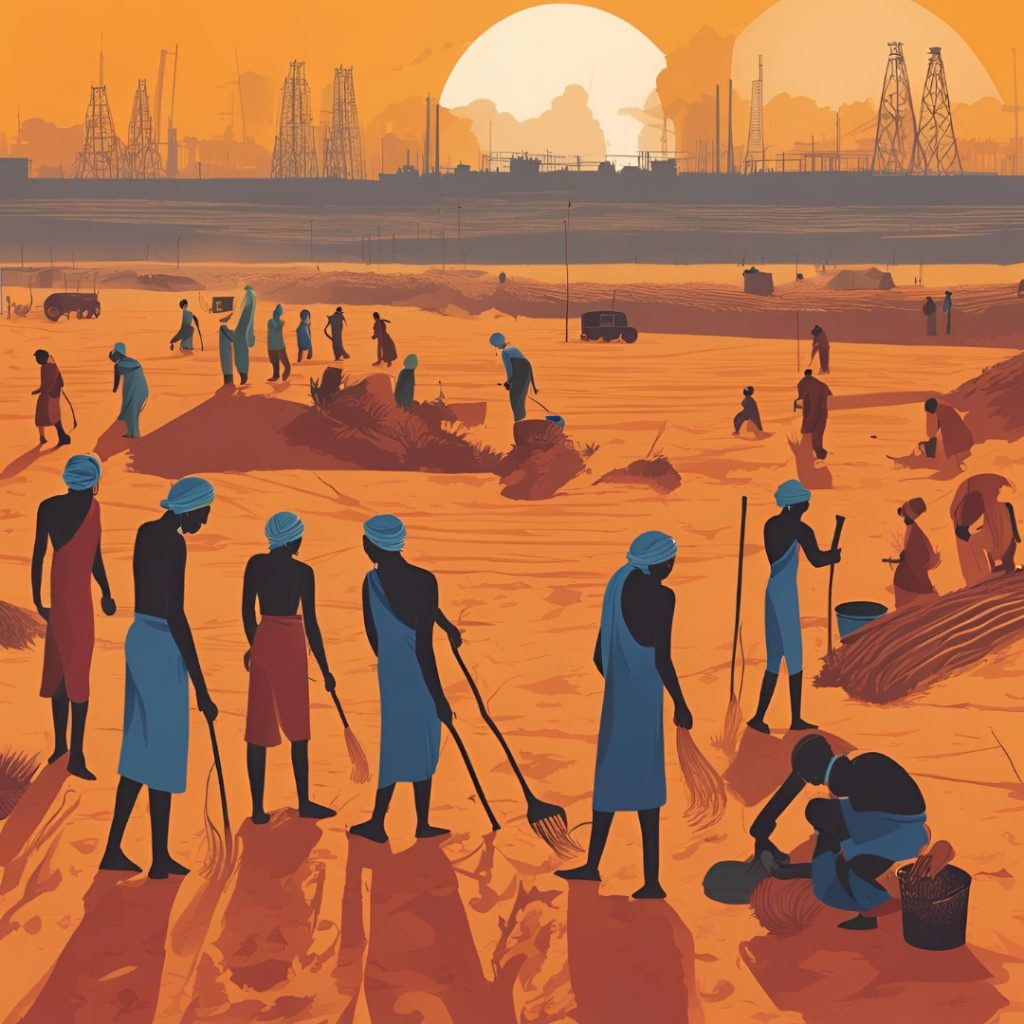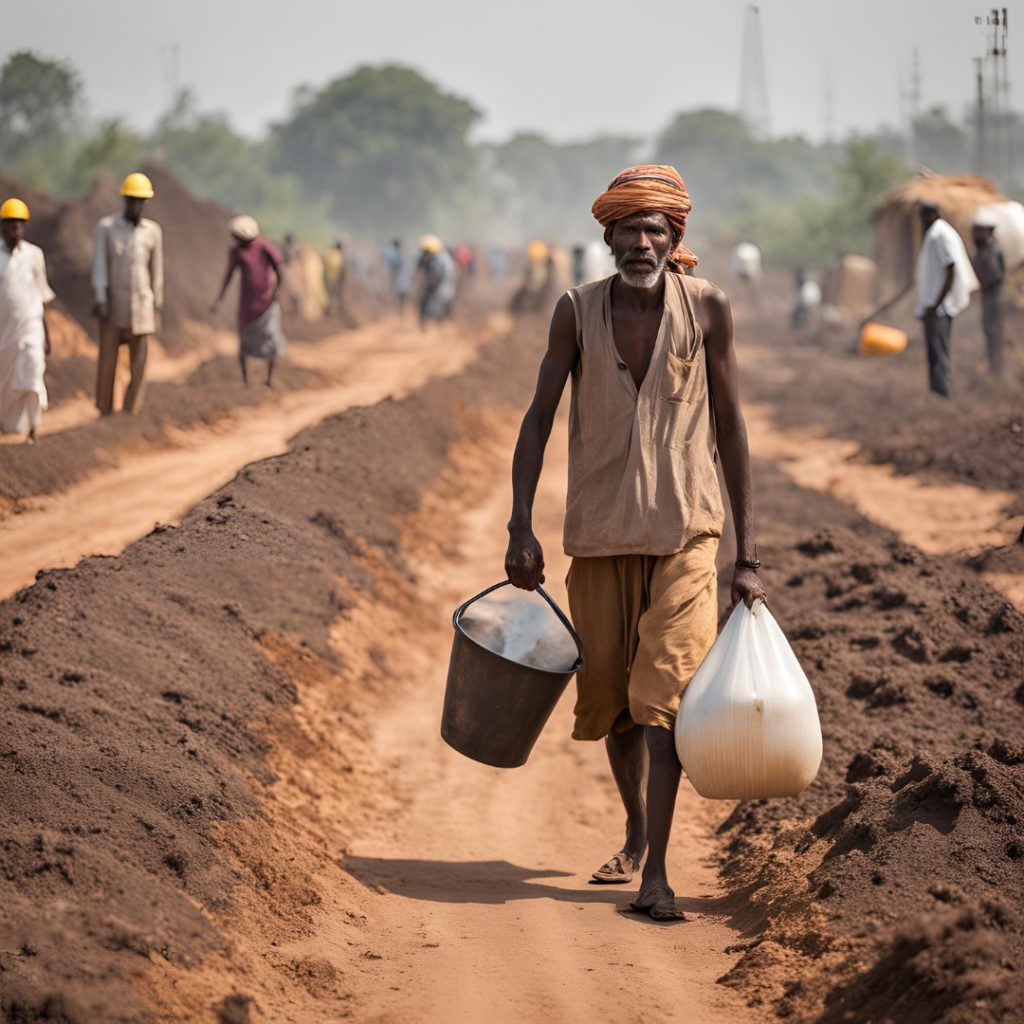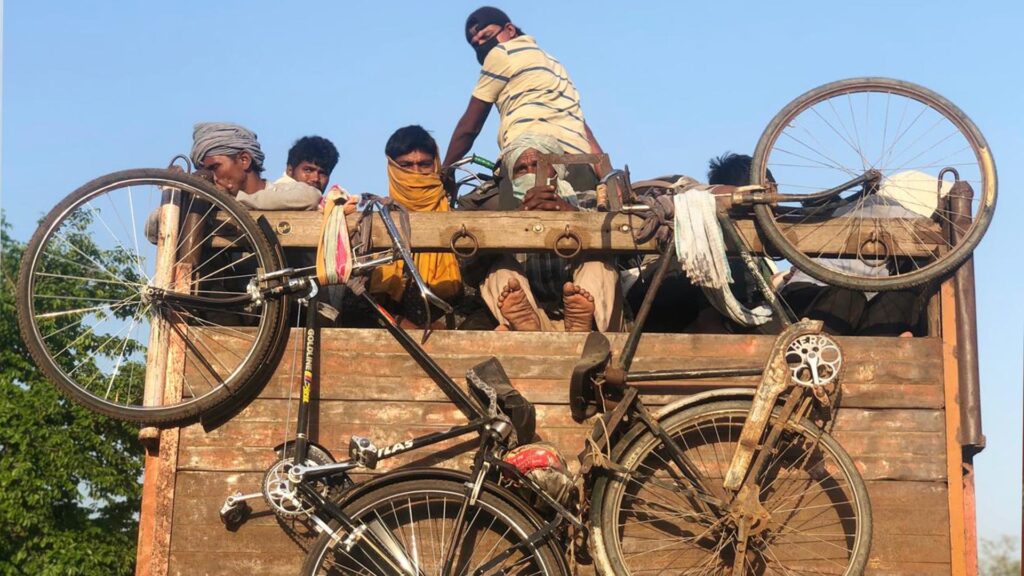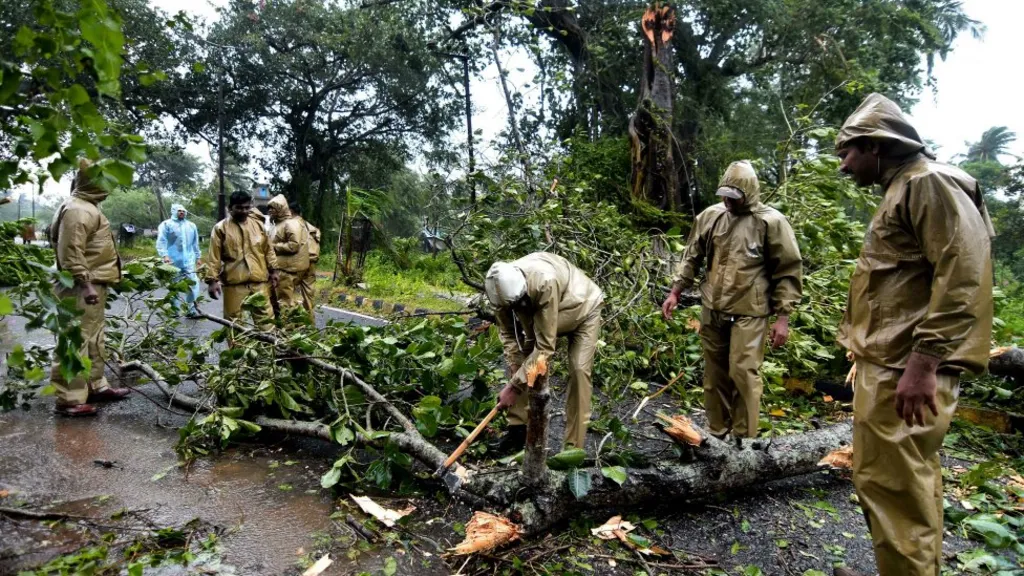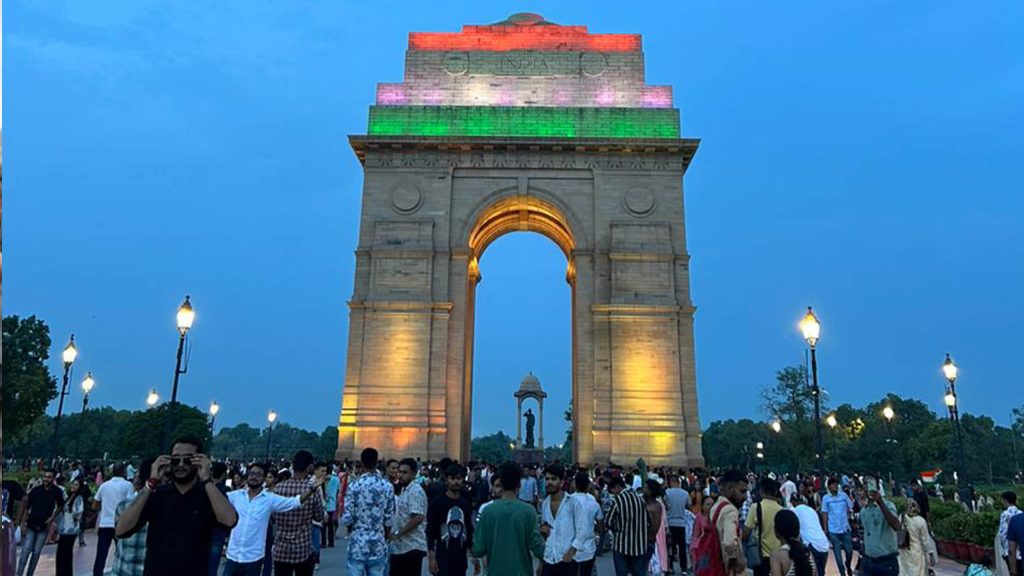At least 2.41 billion workers are exposed annually to excessive heat resulting in poor health, disability and even death, according to a new report by the International Labour Organization (ILO) that has called for strengthening of occupational safety and health standards to protect workers from extreme heat.
In its report: “Ensuring safety and health at work in a changing climate”, published in April this year, the ILO identifies excessive heat, solar ultraviolet radiation, extreme weather events, workplace air pollution, vector-borne diseases and agrochemicals that would impact workers the most.
Agricultural workers are 35 times more at risk to heat-related death than any other profession, and construction workers increasingly more at risk. The two sectors are the biggest employers in India of informal workers, who make up a chunk of the country’s workforce. In an earlier report the ILO had stated that India was the worst affected by heat stress, with projections that the country would lose nearly 6 percent of working hours to heat stress, with those in agriculture and construction worst hit.
The ILO predicts that workers across age groups will suffer disability, death and health issues such as cancer, cardiovascular disease, respiratory illnesses, kidney dysfunction and mental health conditions owing to the heat.
ILO’s observations coincided with the deadly heatwave that swept across large parts of India this summer. While Bengaluru and Delhi hit national headlines, workers in other urban centres too were tackling heat stress.
Bhopal, capital of Madhya Pradesh, recorded unprecedented heat levels. The Analysis, a city-based development and policy research group, conducted a survey of outdoor workers in May 2024, that I helmed. The survey aimed at understanding and documenting the experiences of outdoor workers including street vendors, gig and construction workers amongst others and also traffic police personnel.
Those working indoors in poorly ventilated set-ups are also likely to suffer similar heat impact, the report observed.
Nearly three quarters of the 52 people surveyed spent more than eight hours outdoors every day, less than half of them had access to cool drinking water, a third of them had lost livelihood to heat stress and a quarter reported a drop in their health and wellbeing. Nearly all the respondents of the survey were unaware of government advisories on tackling the heat.
“What can we do about heat? It will increase. But, we cannot stop coming to our shops or doing business because of heat. I do feel fatigued and exhausted but who will do the work if I don’t. I cannot afford to think too much about these issues,” the report quoted a 55-year street vendor in Bhopal (as saying).
Vendors also rued the loss of trees that once gave them shade, with many still sleeping under them to escape the rising heat.
The ILO report notes that countries fail to prioritize the safety of their workers who are engaged in strenuous work, which is reflected in the poor design and implementation of occupational safety and health standards. Laws such as the Factory Act, 1948 and the Building and Other Construction Workers (Regulation of Employment and Conditions of Service) Act, 1996 have not yet factored in heat as a hazard and the need to protect the workers from the same.
The impact on workers shows need for change. Around 60 percent of construction workers in India experience mild to severe heat-related symptoms during the summer according to Gandhinagar based Indian Institute of Public Health. Those working indoors in poorly ventilated spaces, such as seen in a recently viral video of an Amazon warehouse, too are at risk of heat impact.
While Indian cities have heat action plans, there are no strong action points with regards to the informal workforce, many of them migrant workers.
A few countries are showing the way.
Chile, Belgium and Japan have recognized the safety of their workers in their national action plans and commitments. Countries like France and Spain have created national strategy for protecting workers from climate-change-induced injuries at work.
With inputs from Diya Jain, The Analysis
Rishabh Shrivastava is a researcher and writer working on issues of law, policy and development.
Author
-

Rishabh Shrivastava is a researcher and writer working on issues of law, policy and development
View all posts


